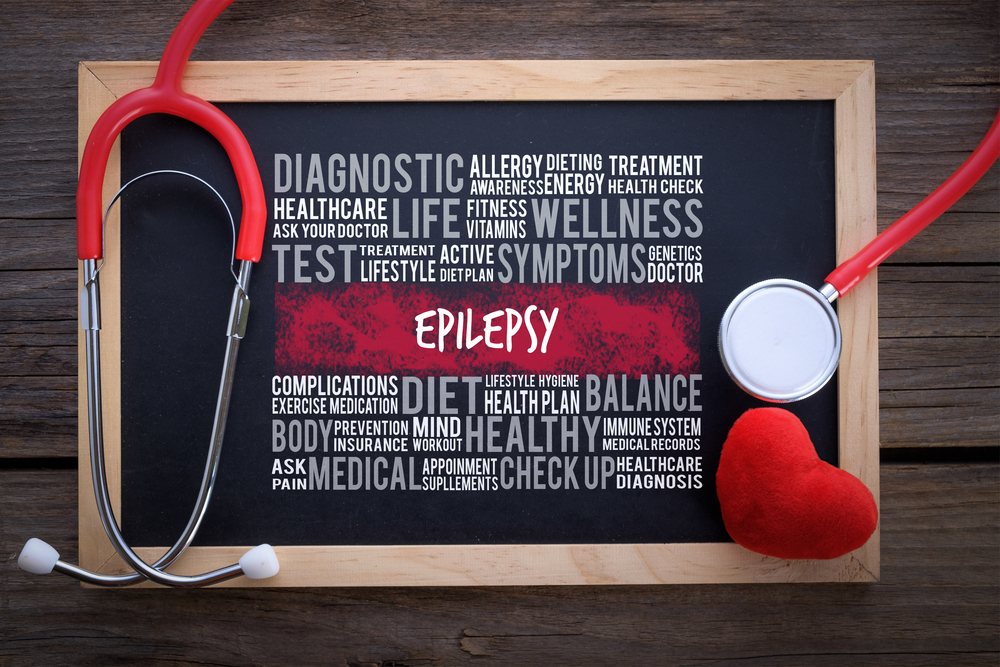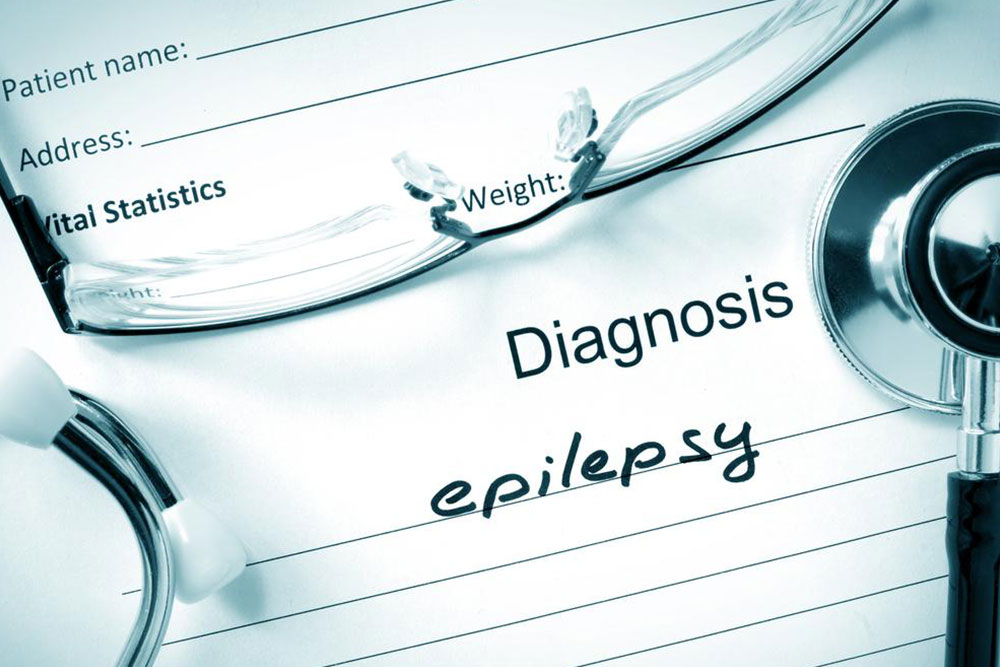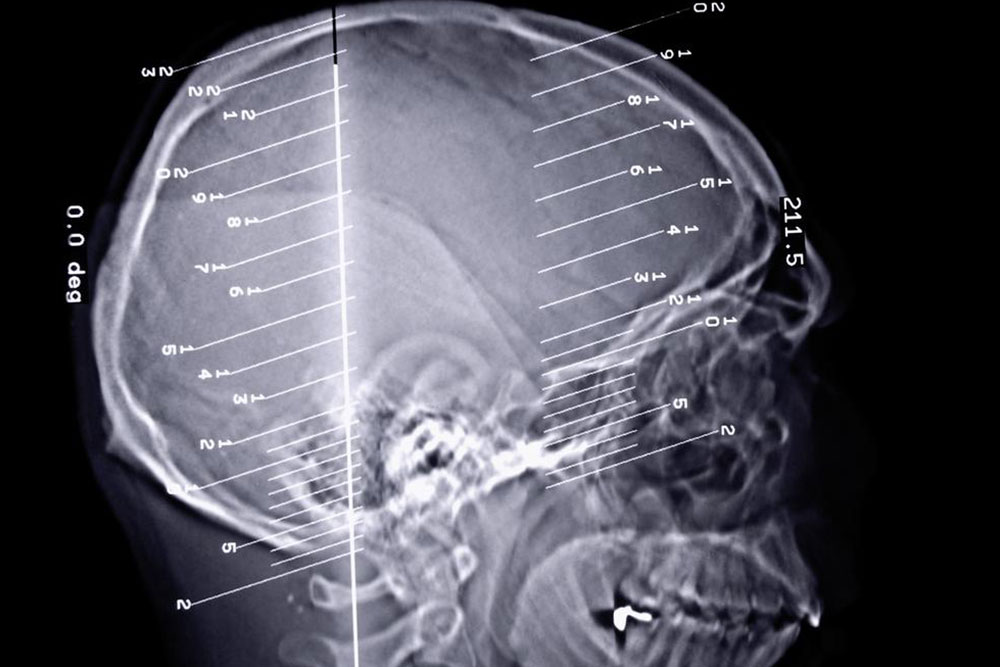Understanding Epilepsy: Recognizing the Top 5 Signs and Symptoms
Learn to identify the key signs of epilepsy, including seizures, confusion, emotional changes, fainting, and muscle jerking. Early recognition can improve management and outcomes for those affected by this neurological condition.

Epilepsy is a neurological disorder that affects the central nervous system, leading to abnormal brain activity. During an epileptic event, seizures may occur, presenting with various symptoms such as unusual behavior, sensory disturbances, or temporary loss of consciousness. Not every seizure indicates epilepsy, especially if it occurs only once. Recognizing common signs can aid in early detection and management.
Key Symptoms of Epilepsy:
Seizures
These are sudden bursts of electrical activity in the brain that can disrupt normal functions, varying in type and intensity.
Confusion
Temporarily losing awareness or feeling disoriented, often appearing as staring or sluggishness.
Emotional and Psychological Changes
Post-seizure, individuals may seem anxious, fearful, or experience déjà vu sensations.
Loss of Consciousness or Fainting
Complete or partial blackout episodes can happen during or after seizures.
Muscle Jerking
Involuntary twitching or jerking of limbs due to abnormal brain signals.
Note: Content provided is for informational purposes only. Consult healthcare professionals for accurate diagnosis and treatment. Do not interpret this information as medical advice.










